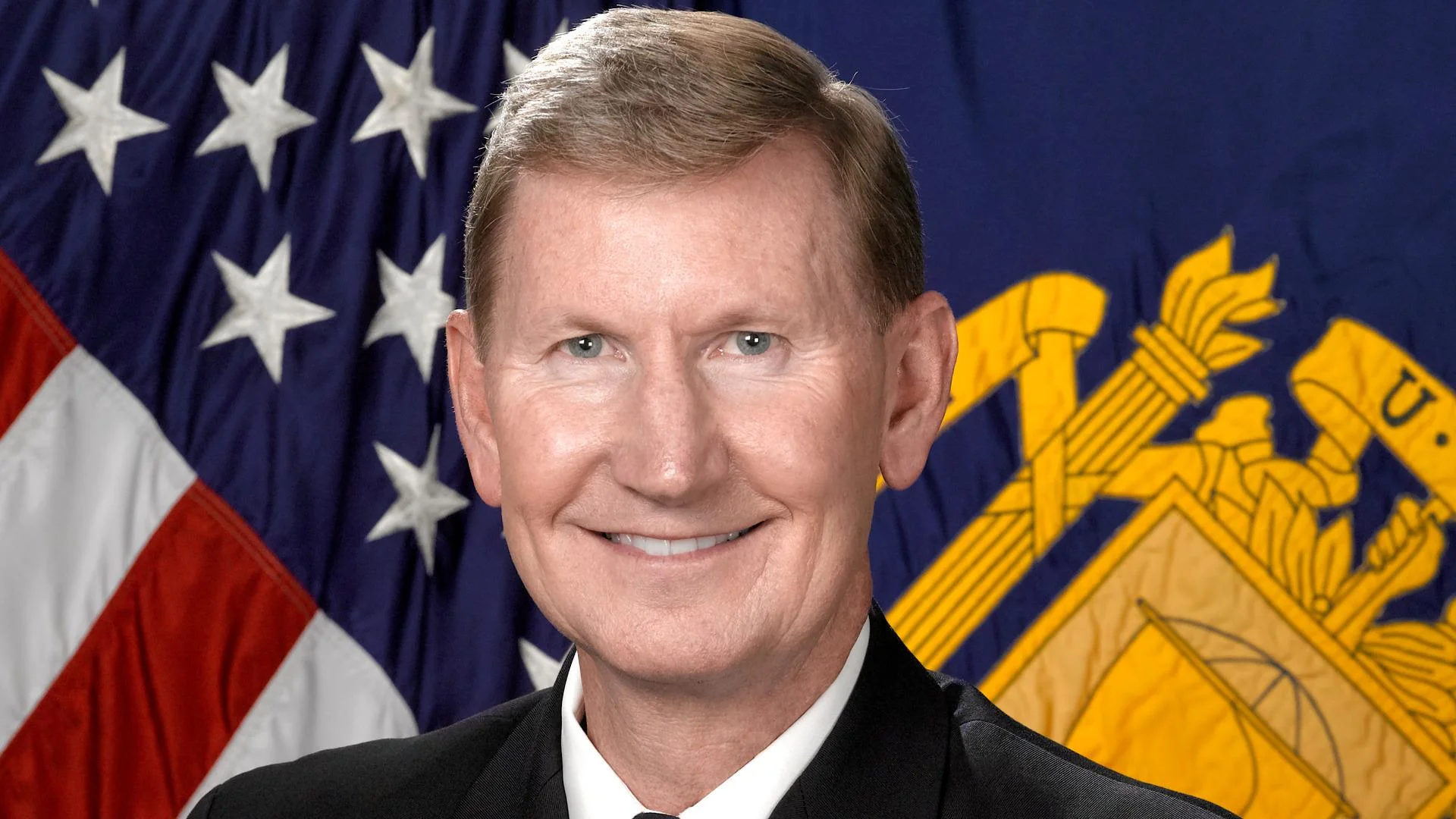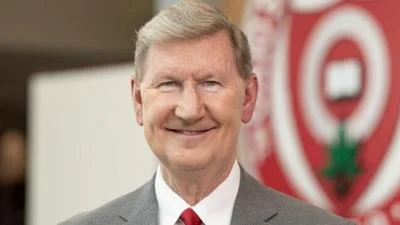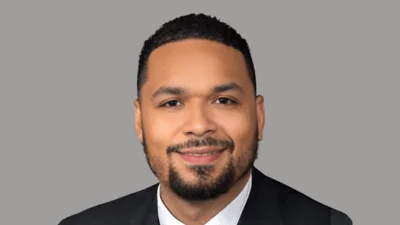Walter “Ted” Carter Jr. President at Ohio State University | Wikipedia
Walter “Ted” Carter Jr. President at Ohio State University | Wikipedia
Students at The Ohio State University, who are training to become teachers, have been actively engaged in aiding kindergarten through 12th-grade students across central Ohio to enhance their math and literacy skills. This initiative is part of a broader effort funded by a $14 million state grant distributed among various educational institutions to establish or enhance tutoring programs aimed at addressing learning gaps.
Ohio State received a grant of $581,333 for these tutoring programs, which were implemented in 2023 and 2024. Jamie Lipp, a clinical assistant professor specializing in literacy, worked alongside Terri Bucci, associate professor of mathematics education, and Terri Hessler, a professor specializing in special education, to lead the project. The initiative was devised to address deficits that were heightened by the COVID-19 pandemic.
"The tutoring that we provided was very high quality and evidence-based," asserted Hessler, emphasizing the effectiveness of their intervention programs.
The tutoring efforts were characterized by high-dosage approaches, defined as individualized or small-group sessions occurring more frequently than three days a week or totaling at least 50 hours over a span of 36 weeks. This model has been shown to yield significant learning improvements among students.
Lipp collaborated with literacy expert Shelly Schaub to train future teachers in delivering literacy tutoring. "They would work with groups, anywhere up to four students. They would go during the school day to our two partner schools. That was GEMS, the Graham Elementary and Middle School," explained Lipp, highlighting the partnership with Patriot Preparatory Academy as a pivotal component of the program.
In addition to addressing student learning needs, the project aimed to enhance teacher education by examining how field experiences combined with coursework can improve pre-service teacher readiness. "We really wanted to look at the ways in which we prepare pre-service teachers," said Lipp, pointing out that the hands-on experience allowed participants to craft responsive lesson plans tailored to individual student needs.






 Alerts Sign-up
Alerts Sign-up